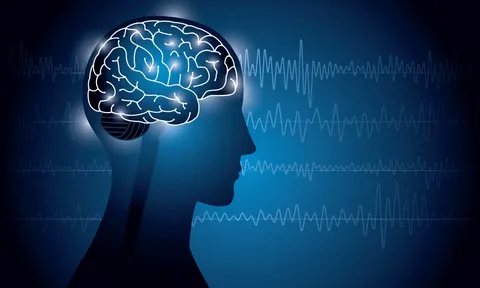What Is Mental Health EHR?
Mental Health Electronic Health Records (EHR) are specialized digital systems designed for mental health practitioners. These tools streamline patient care, improve data management, and enhance clinical efficiency. Unlike generic EHR platforms, they cater to the specific needs of psychiatrists, therapists, and counselors.
Key Features of Mental Health EHR
Customizable Templates for Mental Health Practices
Mental health EHR provides templates tailored to psychological assessments, therapy notes, and treatment plans. This feature reduces administrative tasks, allowing more focus on patient care.
Patient Portal Access
Patient portals improve communication between patients and providers. They allow individuals to schedule appointments, access records, and securely message their therapists.
HIPAA-Compliant Security Measures
Confidentiality is crucial in mental healthcare. Mental health EHR systems prioritize data security with encryption, multi-factor authentication, and regular compliance checks.
Integrated Telehealth Options
Modern systems include telehealth functionality, ensuring seamless virtual consultations. This feature is essential for patients in remote locations or those with mobility challenges.
Benefits of Using Mental Health EHR
Streamlined Workflow
Automation of repetitive tasks, such as appointment scheduling and billing, boosts productivity. It reduces the burden on staff and minimizes human errors.
Improved Patient Outcomes
Access to real-time data helps providers make informed decisions. Comprehensive records ensure a more personalized approach to patient care.
Efficient Documentation
Gone are the days of managing paper-based files. EHRs simplify documentation, making patient histories, medication logs, and therapy notes easily accessible.
Data Analytics for Better Insights
Mental health EHRs offer reporting tools that help analyze patient progress and identify trends. This data aids in improving overall service quality.
Challenges and Solutions in Implementing Mental Health EHR
Adapting to New Technology
Transitioning to a digital system can be daunting. Proper training and support are essential to ease the adjustment process.
Cost Concerns
EHR systems can be expensive initially. However, the long-term benefits outweigh the costs by improving efficiency and reducing errors.
Ensuring User-Friendly Interfaces
A complicated interface can deter users. Choosing systems with intuitive designs ensures a smooth experience for providers and patients alike.
Future Trends in Mental Health EHR
Artificial Intelligence Integration
AI-driven tools will enhance diagnosis accuracy and personalize treatment plans. Predictive analytics will play a vital role in early intervention.
Mobile Accessibility
Mobile-friendly EHR platforms will allow providers to access patient information on the go, ensuring flexibility and better care delivery.
Enhanced Interoperability
Future systems will seamlessly integrate with other healthcare platforms, improving coordination between mental health providers and general practitioners.
How to Choose the Right Mental Health EHR
Assess Your Practice’s Needs
Evaluate your practice’s requirements, such as the number of patients, staff size, and specific features you need.
Check Vendor Support
Choose a vendor with reliable customer support and regular software updates. This ensures smooth operations over time.
Request a Demo
Before committing, test the system to ensure it meets your expectations. A demo provides insights into usability and functionality.
Conclusion
Mental Health EHR systems are transforming the way mental healthcare is delivered. They offer a comprehensive solution to streamline operations, improve patient care, and ensure compliance. By adopting the right system, providers can enhance their practice and achieve better outcomes for their patients.







Leave A Comment